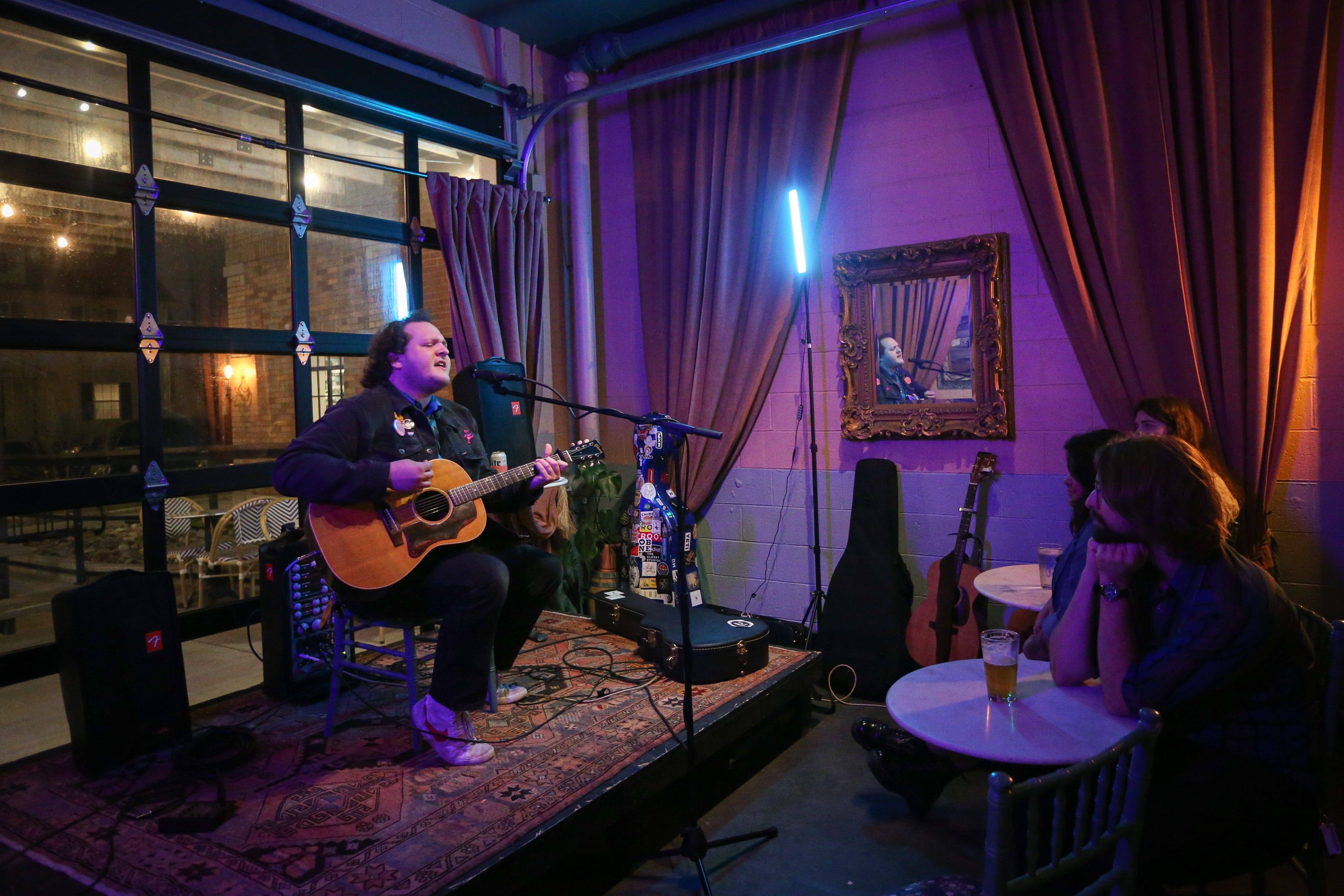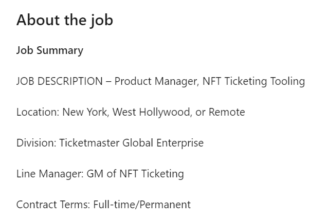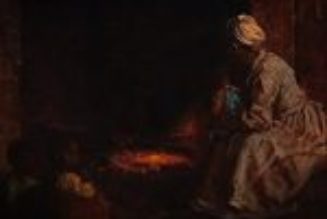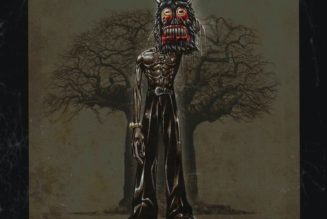
At the end of 2019, Springfield-based “indie-pop progressive-psych rock band” Lilac Cruise was looking forward to a year booked full of shows. Then along came the pandemic, forcing venue closures — some temporary, some for good — and upending the local music scene in ways it’s still sorting out.
Travis Cloud, the group’s vocalist and bassist, said Lilac Cruise has played fewer, generally smaller shows, most of them at bars and restaurants instead of dedicated music venues, which are in short supply. In the downtown area, The Cellar next to Springfield Brewing Company permanently closed after a final show on New Year’s Eve. Another mainstay, The Outland Complex on South Avenue, has been closed since October for renovations.
Other pre-pandemic staples have not returned, Cloud said, recalling “unbelievable” open mic nights at The Flea, held every Monday. At the start of the night, a sign-up list was made available to musicians and by the end of the night, the list would have 30 to 40 acts.
“It would get so full they wouldn’t get through everybody or they’d be like, ‘Hey sorry, the list is full. Come back next week,'” Cloud said. But while The Flea survived COVID-19, the open mic nights have not returned.
More:40+ things to do in February, including craft workshops, musicals and the circus
Lingering effects of the pandemic
The Outland Complex, which houses the Odyssey Lounge and upstairs Outland Ballroom, one of the few dedicated music venues available to local bands.
Owner Kevin Dunn said renovations to the complex have been continual since 2020.
Following the guidance of city stay-at-home orders, The Outland Complex temporarily closed in March 2020 like many other businesses. With the complex facing permanent closure due to a lack of revenue, the community helped support it financially. After months of renovations through the spring and summer, the complex reopened in October 2020 under new ownership.
Closed again since late 2022, Dunn said The Outland Complex will reopen Monday, Feb. 20 with new lights, fire protection air compressors, point-of-sales system, exterior marquee, center speakers in the Outland Ballroom and a fresh coat of paint. Additional bartending stations are also being added to both venues.
The Cellar, popular among a number of local musicians, isn’t due for a comeback but SBC manager Michael Evans said the brewery will continue hosting live music, with a late-night concert series starting in March. Two shows will be held each month upstairs at SBC between 9 p.m. and midnight.
Still plenty of places for those willing to gig
While Cloud and others mourned the lack of “traditional” commercial music venues, musician Eddie Gumucio said he believes Springfield is “bubbling over” with opportunities for musicians, especially for those interested in gigging.
Gumucio, 51, is the front man of Eddie Gumucio & The Electrics and the founder of Queen City Shout, a weeklong arts festival that is in-person again after going virtual during the pandemic.
This year’s arts festival features nearly 100 musicians — bands and solo acts — performing March 20-26. Gumucio said he did not have a problem finding eight venues to host the festival’s concerts. Over the course of the festival, concerts will be held at Mother’s Brewing Company, White River Brewing Company, Tie & Timber Beer Co., The Royal, Lindberg’s Tavern, Ruthies on C-Street, Moon City Pub and Hold Fast Brewing.
The majority of these venues offer frequent gigging opportunities, with opportunities for musicians to play for anywhere between one to three hours.
Gumucio said he never gets tired of playing long sets, which usually feature a combination of original songs and covers. He said the pay is often more reliable when gigging, compared to booking a show at a traditional venue where the revenue is based on the number of tickets sold.
Local folk and country musician Guinevere Sheafer, 24, echoed Gumucio: Gig pay is preferable to that at a commercial venue. But Sheafer said she feels limited in those spaces.
“It’s exhausting to do that because the gigs are two to three hours long,” Sheafer said. “You’re catering your setlist to appease the crowd you’re playing for. There’s a place for that, especially when I need money … but it’s exhausting and it sometimes feels like I’m sacrificing my artistic integrity to make money.”
Gumucio understands the frustrations that come with gigging; it can often feel like a musician is just “background noise.”
“You can also have the mindset of owning the stage,” he said. “You don’t want to be obnoxious, but you can certainly put yourself out there, draw attention to the act, speak to the audience, engage the audience, versus, ‘you should be listening to us, you should be looking at us’ just for the sake of it.”
Small venues provide intimate settings
Musician Grady Drugg, 29, has been performing in Springfield for 10 years. One of his favorite venues to perform at is The Royal, a live music hall and cocktail bar at the corner of Cherry Street and Pickwick Avenue. Specializing in “listening room shows,” The Royal seats just 22 people inside and hosts two to three shows a month.
Drugg said at venues with limited seating, like The Royal, it’s easier for smaller artists to sell out shows, in turn making more money for what they are passionate about.
“With spots like The Royal and Tie & Timber, there is a place for more songwriters,” Drugg said. “Now, specifically with those two spots, I definitely have a recommendation where anybody will have a kick ass show.”
The Royal owner B.J. Lowrance said he initially intended to host three to four shows a week when The Royal opened in June 2020. From the beginning, the venue had to comply with COVID-19 capacity restrictions, which limited the indoor space to 10 customers.
With a few years experience, Lowrance said he plans to continue booking two to three shows a month, which works best with his small staff. But he thinks the city could benefit from two to three more medium-sized music venues.
More:96-year-old Gillioz Theatre asks public for support after extensive rain damage
Nontraditional spaces work to ‘fill the void’
In addition to The Royal, several other new businesses opened since the pandemic offer a space for live music, including Green House Coffee + Affogato Bar on Jefferson Avenue.
Offering coffee and sweet treats, Green House opened in November 2021. Event coordinator Roxie Anger began booking shows at the coffee shop to help “fill the void.” Anger said Green House’s capacity is around 100, with about 45 seats available in its event space room.
“Obviously, we don’t mind filling that void because it brings people in and we want to be a space for artists and musicians, but at the end of the day, that space is very small and we don’t have a sound system, lights or anything like that, so a lot of times people have to bring those things,” Anger said.
This do-it-yourself mentality is growing popular among Springfield’s music community. With fewer commercial music spaces available, artists are opening their homes to host local and touring artists. House basements function as unconventional venues, offering frequent shows and covering a range of genres from Midwest emo to country-folk.
Sheafer first played at The Dish Pit, a house venue in the Phelps Grove neighborhood, in summer 2021. She’s continued to play there because of the supportive and engaged environment.
While do-it-yourself house venues provide a space, basement concerts aren’t for everyone. In early February, Sheafer performed at The Dish Pit with Drugg and country musician Dylan Earl.
Sheafer said she was telling some coworkers about the show and “how excited I was and they were like, ‘Oh, where is it?’ I was like, ‘It’s in a basement.’ And one of my coworkers went, ‘Why is it always in a basement?'”
As much as she loves The Dish Pit, Sheafer said she hopes larger, more traditional spaces will become available again.
“I want there to be a venue where the wider community feels comfortable going and it’s also super exciting and cool for musicians to perform and showcase their work,” she said, adding that local artists need to be involved in helping the landscape of musical venues evolve.
“We can’t make this work by ourselves anymore,” Sheafer said. “We can’t just try to get gigs at some venue on our own. We have to come together as a collective to figure out how to keep the scene alive when we don’t have places that are inherently there for us to access.”









